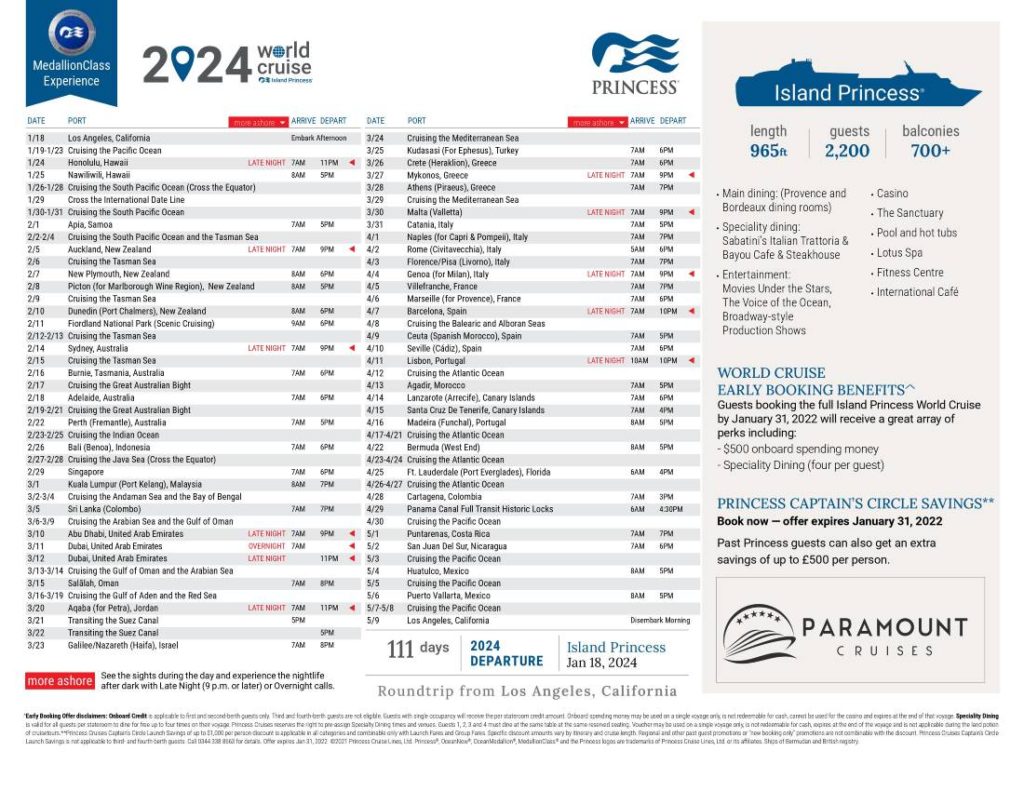XRP Commodity Classification: Ripple And SEC Near Settlement?

Table of Contents
The SEC filed a lawsuit against Ripple in December 2020, alleging that Ripple sold XRP as an unregistered security, raising concerns about investor protection and market manipulation. Ripple, on the other hand, maintains that XRP is a decentralized digital asset and not a security, arguing that the SEC's interpretation misapplies securities laws to a fundamentally different technology. The outcome will significantly impact not only Ripple but also the broader cryptocurrency market.
The SEC's Case Against Ripple
The SEC's argument centers on the Howey Test, a legal framework used to determine whether an investment contract qualifies as a security. The SEC claims that XRP's sales met the criteria of the Howey Test, indicating an investment of money in a common enterprise with a reasonable expectation of profits derived from the efforts of others.
- The SEC's claims: The SEC alleges that Ripple's sales of XRP constituted an unregistered securities offering, violating federal securities laws. They point to Ripple's control over XRP’s distribution and its efforts to increase XRP's value as evidence.
- Key individuals involved: The case involves key figures from both Ripple and the SEC, including Ripple's CEO Brad Garlinghouse and the SEC's Chair Gary Gensler.
- Broader regulatory goals: The SEC's lawsuit against Ripple is part of a broader effort to regulate the cryptocurrency market, aiming to protect investors and maintain market integrity. The SEC's position on XRP commodity classification will set a precedent for how other cryptocurrencies are treated under US securities laws.
Ripple's Defense and Arguments
Ripple vehemently denies the SEC's claims, asserting that XRP is a decentralized digital asset fundamentally different from traditional securities. Their defense hinges on several key arguments:
- XRP's decentralized nature: Ripple argues that XRP operates on a decentralized blockchain, independent of Ripple's control. They emphasize that many third-party exchanges trade XRP, making it distinct from securities typically issued and controlled by a central entity.
- Programmatic sales: Ripple highlights that the vast majority of XRP sales were programmatic and not directed by Ripple itself, minimizing the company's influence. This distinction is crucial in refuting the SEC's argument about reasonable expectation of profits based on Ripple's efforts.
- Application of securities laws to cryptocurrencies: Ripple challenges the SEC's attempt to apply traditional securities laws to a novel technology like blockchain. They argue that a rigid application of the Howey Test to cryptocurrencies may stifle innovation and harm the industry. This debate on the XRP commodity classification touches on the critical issue of how established financial regulations apply to the rapidly evolving crypto landscape.
Recent Developments and Potential Settlement
Recent court filings and hearings have hinted at a potential settlement between Ripple and the SEC. While neither party has publicly confirmed any settlement discussions, several factors suggest a resolution may be near:
- Indications of a potential settlement: Increased private discussions, a series of summary judgment rulings favoring neither party, and the SEC's shift in focus toward other crypto projects are all indications that a settlement is being seriously considered.
- Expert opinions and market analysis: Crypto analysts and legal experts offer varying opinions on the likelihood and terms of a potential settlement, with some predicting a favorable outcome for Ripple, others anticipating a compromise, and still others predicting a complete loss for Ripple.
- Potential impact on the price of XRP: The price of XRP has been highly volatile, reacting strongly to news and developments in the case. A settlement, whatever the terms, is expected to trigger significant price movement, potentially either a surge or a drop.
Implications of XRP Commodity Classification
The outcome of the Ripple case will have far-reaching implications for the cryptocurrency market and the regulatory landscape:
- Impact on the regulatory landscape for cryptocurrencies: A ruling against Ripple could lead to increased regulatory scrutiny of other cryptocurrencies, creating uncertainty for the entire industry. Conversely, a win for Ripple could provide clarity and encourage more innovation.
- Effects on investor confidence: The uncertainty surrounding XRP's classification has already impacted investor confidence. A clear resolution, regardless of the outcome, is likely to stabilize the market and influence investment decisions.
- Implications for other crypto projects: Many other crypto projects face similar regulatory uncertainty. The Ripple case sets a crucial precedent; its outcome will significantly affect the legal and regulatory standing of similar projects. The final XRP commodity classification will inevitably impact the overall crypto market’s future.
Conclusion
The XRP commodity classification debate highlights the complexities of regulating innovative technologies like cryptocurrencies. The Ripple-SEC case remains a crucial battleground for determining the future of crypto regulation. While a settlement may bring temporary clarity, ongoing uncertainty persists, highlighting the need to continuously monitor legal developments.
Call to Action: Stay informed about the ongoing legal battle surrounding the XRP commodity classification and its potential implications for the future of crypto. Continue to research and follow expert analysis to understand the evolving regulatory landscape of digital assets. Follow updates on the Ripple and SEC case for further information on the potential XRP classification. Consider diversifying your crypto portfolio based on your risk tolerance and understanding of the evolving legal and regulatory environment surrounding crypto assets like XRP.

Featured Posts
-
 Understanding The 9 Differences Target Starbucks Vs Independent Cafes
May 01, 2025
Understanding The 9 Differences Target Starbucks Vs Independent Cafes
May 01, 2025 -
 Retro Sarm Dzilijan Anderson U Elegantnoj Haljini
May 01, 2025
Retro Sarm Dzilijan Anderson U Elegantnoj Haljini
May 01, 2025 -
 Dagskrain Meistaradeildin Og Nba Stjoernukapp I Bonusdeildinni
May 01, 2025
Dagskrain Meistaradeildin Og Nba Stjoernukapp I Bonusdeildinni
May 01, 2025 -
 Register Now Ace Power Promotions Boxing Seminar March 26th
May 01, 2025
Register Now Ace Power Promotions Boxing Seminar March 26th
May 01, 2025 -
 2025s Hottest Southern Cruises Unveiling The New Itineraries
May 01, 2025
2025s Hottest Southern Cruises Unveiling The New Itineraries
May 01, 2025
